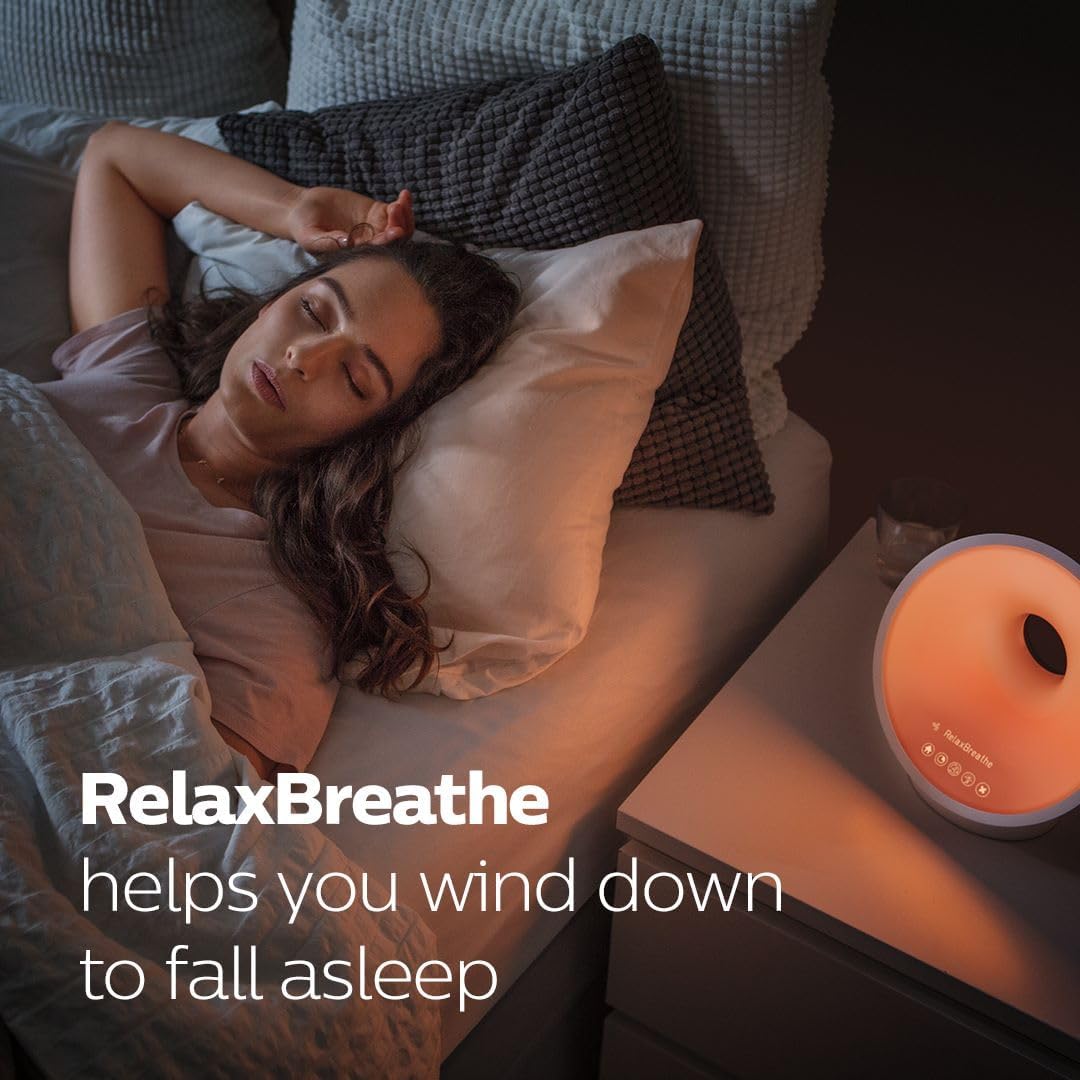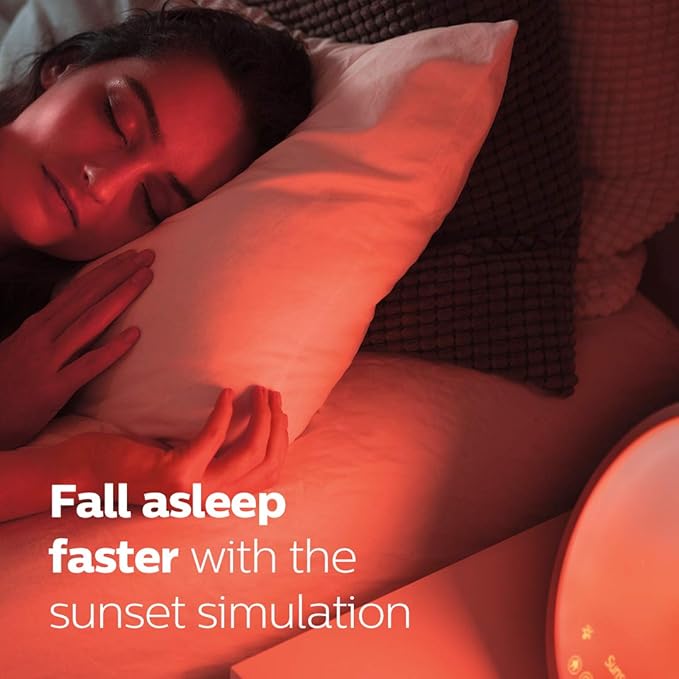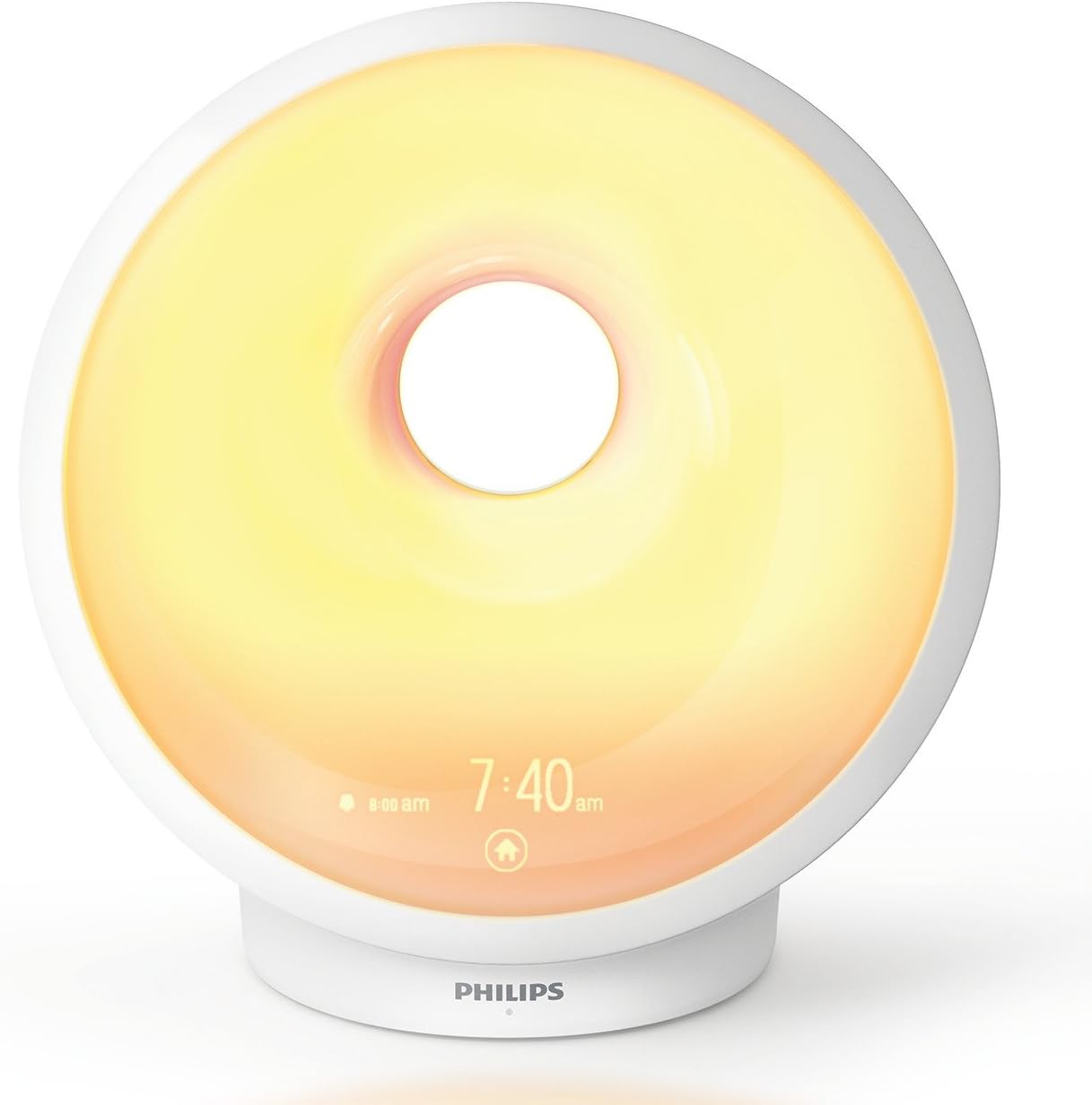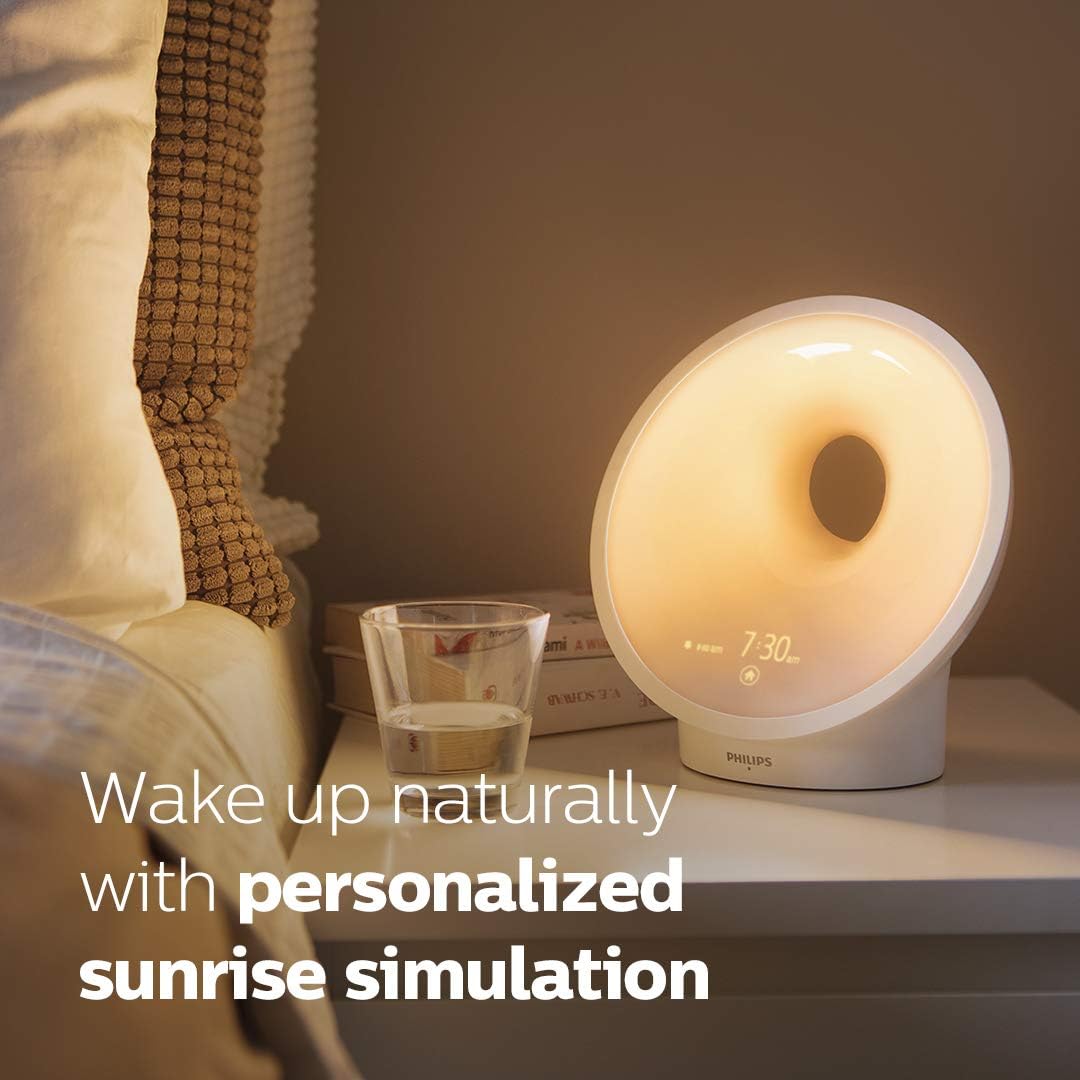Physical Address
304 North Cardinal St.
Dorchester Center, MA 02124
Physical Address
304 North Cardinal St.
Dorchester Center, MA 02124


Many of us live with erratic schedules dictated by shift work, school runs or the whims of Eskom’s load‑shedding timetable. Waking up in the dark and falling asleep under harsh ceiling lights wreaks havoc on our internal clocks. For South African families juggling these challenges, the Philips Smart Sleep & Wake‑Up Light offers an elegant solution: it recreates the sun’s natural rhythms right on your bedside table.
Unlike ordinary alarm clocks that jolt you awake with a blaring beep, the Smart gradually brightens your room and gently increases sound, coaxing you out of slumber naturally. At night, it winds you down with a sunset simulation and calming audio.

Our circadian rhythm—the body’s 24‑hour sleep‑wake cycle—is strongly influenced by light. When morning light hits our eyes, it signals the brain to produce hormones like cortisol and suppress melatonin, waking us up. Artificial light that is too bright or too dim can confuse this rhythm.
The Philips Smart Sleep lamp replicates dawn’s warm hue and gradual increase in brightness. Studies have shown that waking up with a simulated sunrise can improve mood, reduce morning grogginess and even alleviate the symptoms of seasonal affective disorder. For parents who need to be up before sunrise to prepare lunches or commute, having a sunrise on command can make those early starts less brutal.


Whether you’re in Cape Town dealing with late sunsets in summer or inland where winter mornings are pitch‑black until 7 a.m., the Smart Sleep adjusts your environment regardless of season. During load‑shedding, the battery backup and gentle glow mean you can still see your way to the cot without fumbling for your phone torch.
Parents have told us they use the sunset function for their toddlers’ bedtime routine; the dimming light cues little ones that it’s time for pyjamas and a story. Shift workers appreciate that they can recreate dawn at 4 p.m. after a night shift, making the transition to sleep smoother.
In reviews from Pretoria to Port Elizabeth, users rave about feeling less grumpy in the mornings and noticing improved sleep quality after a few weeks of use. Sleep specialists also endorse dawn simulators for people suffering from insomnia or jet lag. While the Smart Sleep is an investment compared to a basic alarm clock, the long‑term benefits for mental health and productivity make it worthwhile.
Picture waking up not to the blast of your phone alarm, but to a room gradually filling with light like a summer sunrise over the Drakensberg. Instead of stumbling in the dark to brew coffee, you sit up feeling alert. Your toddler’s bedtime is no longer a battle because the fading light signals their body to relax.
For those mornings when Eskom pulls the plug at 5 a.m., the Smart Sleep’s battery ensures your alarm still goes off and gives just enough light to change nappies or find school uniforms. The difference isn’t just in how you wake up—it’s in your energy levels throughout the day.

Our bodies are hardwired to respond to the sun. The Philips SmartSleep Sleep & Wake‑Up Light brings that natural rhythm back into modern life. By simulating sunrise and sunset, it helps you wake more gently, fall asleep faster and feel better throughout the day.
For South African families navigating early commutes, nocturnal load‑shedding and children with erratic sleep, this smart lamp could be the secret ingredient to calmer mornings and more restful nights.
Learn more and purchase here: Buy on Amazon